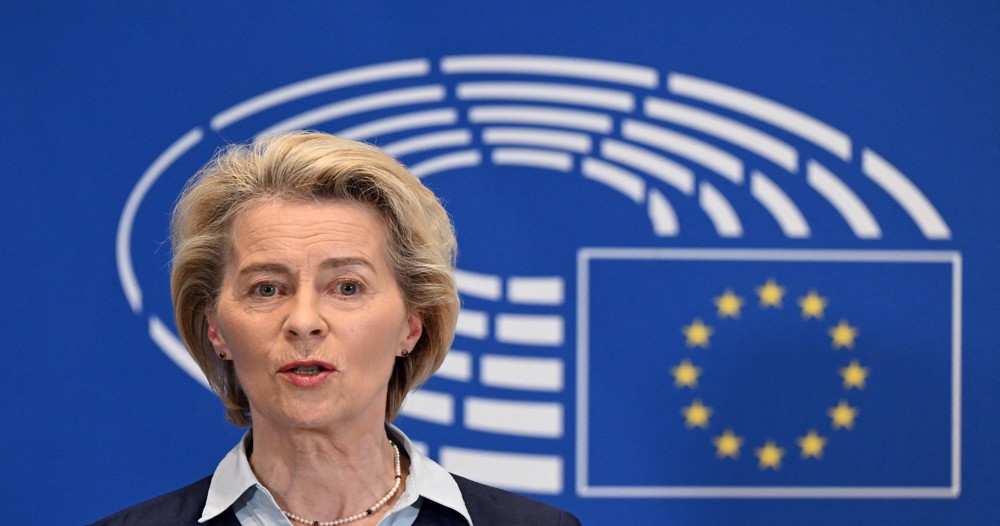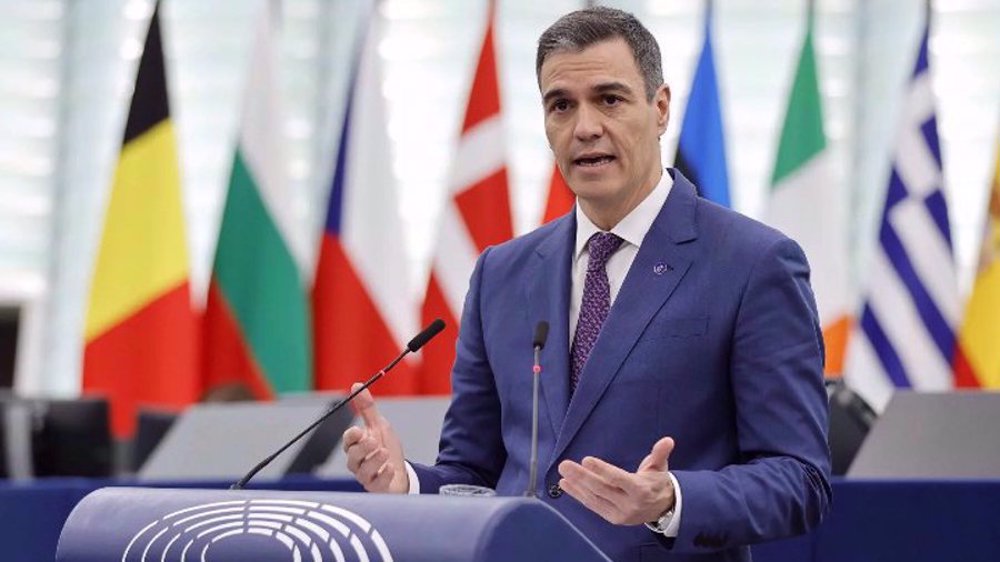Hundreds of Ukrainians cross border into EU on first day of visa-free access
June 11 marks the fist the day of the European Union’s visa waiver program for Ukraine which means Ukrainian nationals will no longer require visas to travel to Europe.
The nation has been rejoicing over the visa-free access regime with people celebrating the first day of its enforcement and President Petro Poroshenko describing the development as a dramatic “breakaway” from Russia.
Hundreds of Ukrainians crossed the border into the European Union on Sunday, while others celebrated at an event on the Slovak border.
Addressing a gathering in the capital Kiev on Saturday, President Poroshenko hailed the "fall of the paper curtain that divided Ukraine from Europe."
Poroshenko said the move "symbolizes a final breakaway of our state from the Russian empire," adding that the future will be a "different historical era."
He took to Twitter early Sunday morning and wrote, "The visa-free regime for Ukraine has started! Glory to Europe! Glory to Ukraine!"
Poroshenko said that his government is seeking to boost European integration with cheaper rail links and more low-cost air connections with EU cities.
Later in the day, he attended a celebration at the Uzhgorod border, where he met with Slovak President Andrej Kiska.

The president also opened a symbolic visa-free door to Europe and thanked his Slovak counterpart for his support on the road to the deal.
The European Parliament endorsed the visa waiver for Ukraine back in April.
Under the new agreement with Brussels, Ukrainians with a bio-metric passport are allowed to enter the Schengen area, including non-EU countries Iceland, Liechtenstein, Norway and Switzerland.
The bio-metric passport, which contains a microchip with personal data, however, does not allow Ukrainians to work in EU member states. Those who want to work there still need to obtain a working visa.
Russia, however, has warned that the agreement would result in an influx of “illegal labor migrants” from Ukraine into EU states, prompting Brussels to eventually suspend the deal.
UN chief says attacks against civilians in Sudan could constitute ‘war crimes’
Slightest act against Iran’s interests will be met with ‘painful response’: Raeisi
US House to vote on long-awaited assistance for Ukraine
VIDEO | Pakistan backs Iran’s retaliatory attack on Israel
The epic of Iran’s economic invincibility
French praise Iran missile retaliation against Israel
Two Palestinians killed in West Bank amid drastic rise in settler attacks
SCO chief condemns Israel’s terrorist attack on Iran’s Syria consulate













 This makes it easy to access the Press TV website
This makes it easy to access the Press TV website